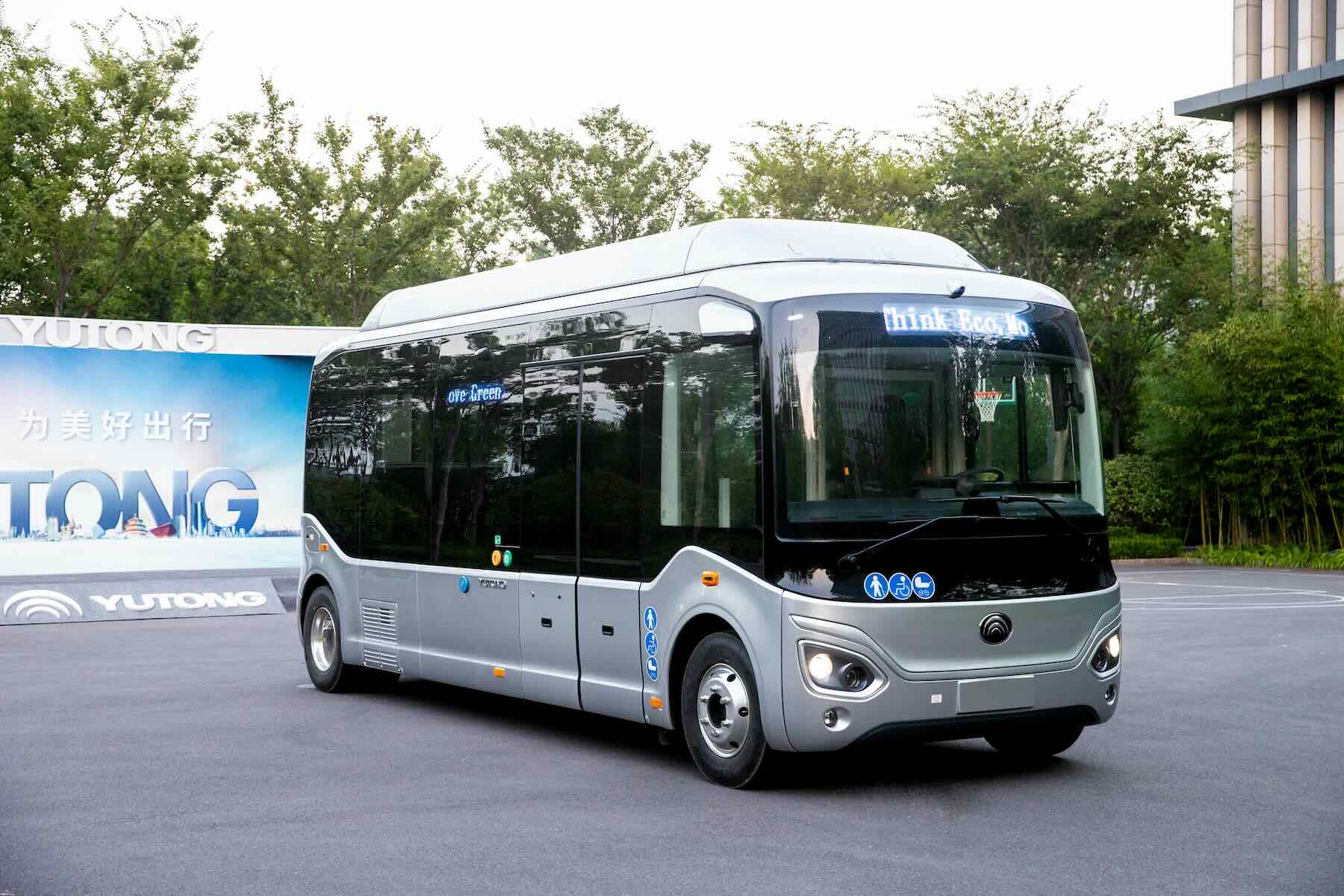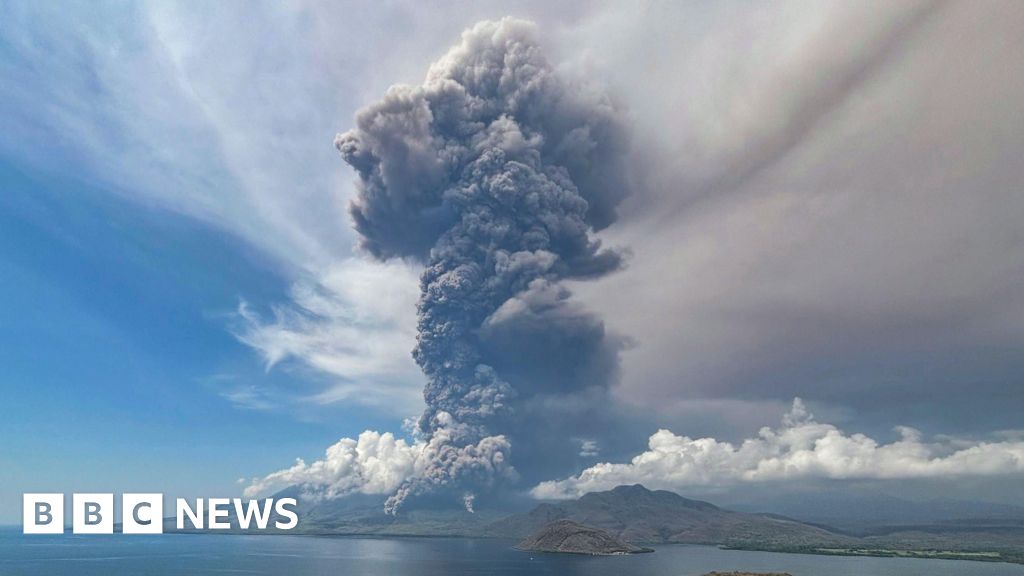The world’s biggest bus manufacturer has big electric plans for Australia

- by Admin
- September 20, 2024

The world’s largest manufacturer of buses and coaches has an estimated 95 per cent market share in China and 10% globally. Yutong now have their eyes firmly set on the Australia and the Asia-Pacific market.
Yutong this week unveiled its latest all electric bus model, the E7S mini bus at the Bus & Coach Show in Brisbane. It is the 18th all electric bus model Yutong has developed as part of what they call their ‘New Energy Buses’, which include gas electric, PHEV, hydrogen fuel-cell, and all electric models.
In a dinner at Brisbane City Town Hall, Yutong also announced their Australian-manufactured E12 battery electric chassis, their carbon free forest initiative which pledges a tree for every bus sold, as well as “Yutong Electric Architecture” (YEA), which Yutong says is the first electric vehicle-specific platform in the commercial vehicle industry that “seamlessly integrates software and hardware to meet all-scenario needs of buses.”

More than 190,000 of these New Energy buses have already hit the roads gloablly. Yutong’s CEO of Asia-Pacific Kent Chang told The Driven that while they want to offer their customers a range of New Energy vehicles, most of the interest – 80% of – has gone to the all electric models.
“At the moment direction is heading towards pure electric,” Chang said. “We are reacting to the market however we do see a good forecast particularly for all electric. At this moment 80% of the demand for new energy buses is all electric.”
This isn’t the first venture into Australia for Yutong, having been operating in the country since 2012. Since then around 1600 Yutong buses have been rolled out, but not many of them electric.
In fact, full-electric buses make up around 0.2% of all buses on Australian roads, according to a report by The Australia Institute, and Yutong clearly sees a big opportunity to play a big part in the electrification of Australia’s mostly diesel bus fleet.
Yutong’s battery supplier CATL, who signed a new 10-year strategic cooperation framework agreement in 2022 with Yutong, forecast a cut in costs of up 50% by mid-2024.
CATL this week in Germany announced it’s latest LFP electric bus battery with a one million km warranty and a service life of up to 15 years, or 1.5 million kilometres. For reference the average Australian passenger car drives less than 15,000 km per year so a 1.5 million km battery would last about 100 years worth of average driving.
Last year the ACT placed an order for 90 of Yutong’s E12 battery electric buses as part of the ACT Government’s Zero-Emission Transition Plan for Transport Canberra. The E12 will feature Yutong’s first E12 pure electric chassis currently in it’s first stages of rolling out.
Yutong also expect to play a part in the public transport for Brisbane’s upcoming 2032 Olympic Games, although no deal as been officially announced. Yutong provided 148 electric buses for transport for the recently completed Paris Olympic Games.
“The Asia–Pacific region serves as a cornerstone of global development stability, and a hub for cooperation,” Chang said at the launch in Brisbane.
“This strategic shift from ‘product output’ to ‘technology output’ is driving the advancement of electric commercial vehicles. YEA technology will undoubtedly help the region achieve goals and promote green transformation of local transportation systems.”


Sam is Chief Strategy Officer for Renew Economy and EV Media. Sam has been working with Renew Economy and One Step Off The Grid since 2014 and with The Driven since its inception in 2017. Sam is an occasional contributor to both websites with particular interest in electric vehicles and social policy.
The Latest News
-
November 14, 2024Aussie golfer wins Korn Ferry Tour’s rookie of the year
-
November 14, 2024Cam Smith welcomes NSW Open showdown with Lucas Herbert, but plenty of golf remains – Australian Golf Digest
-
November 14, 2024AFL 2025 season draw released, featuring finals rematch in Opening Round and 23 Thursday night games
-
November 14, 2024AFLW upstarts Hawthorn put ruckus behind them and turn focus to Port Adelaide
-
November 14, 2024How Josh Giddey’s confidence shooting the ball is fuelling his early season form for the Bulls | Sporting News Australia


